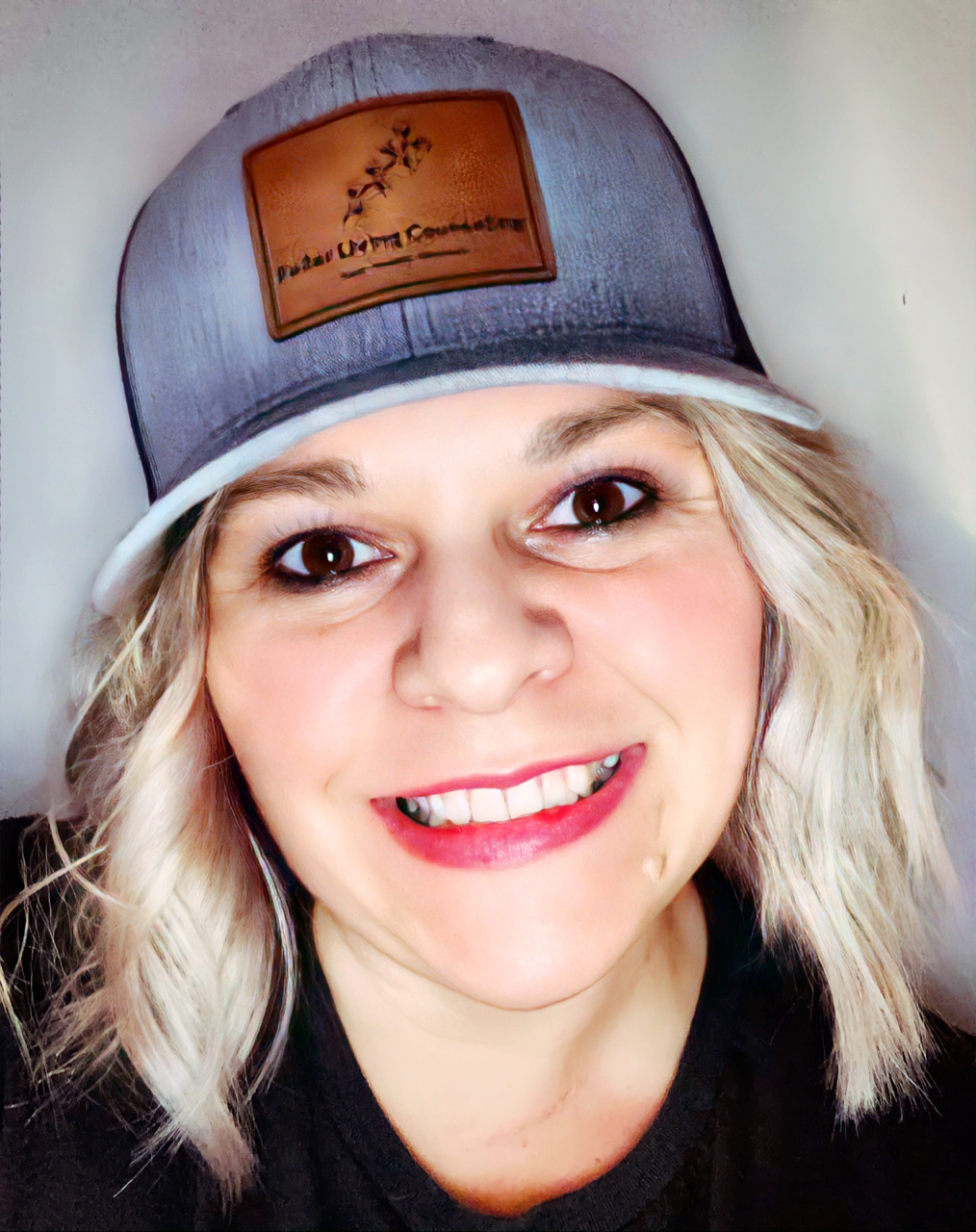Finding the therapist that is the best fit for you can be really difficult. In this video, Amber Fuller, owner of Fuller Living, gives you some tips and tricks for finding the “right fit” for you. The video is 40 minutes, so if you’re not in the mood to watch, read on for a summary.
Amber’s History with Counseling
Amber highlights that if there is one thing that she and her family have done A LOT of, it’s counseling, and she says that in order for the viewer to understand that she brings an experience that can be considered credible.

In high school, she saw a therapist that taught her how to manage her anxiety. She learned about her love for therapy and counseling by meeting with this therapist. Sometimes, while in counseling, what you may find is that you YOURSELF have a desire to be a therapist. It’s a real treat when this is discovered.

Amber met with another therapist who taught her that some therapists are for different seasons in your life. It’s totally fine to meet with several different therapists throughout your life. Some therapists specialize in certain things. Would you go and see an orthopedic surgeon in order to get a physical or a check up because of a sore throat? No, probably not (if so, we should chat…you have my interest peaked). It can be the same thing with therapy.

Amber met with another therapist that taught her the importance of having a therapist that believes you. Amber describes how she was in an abusive situation and the therapist didn’t believe Amber so it made her situation worse. Thankfully, she was able to find a therapist after this that was super helpful.

Another therapist that Amber met with taught her the power of collaboration. This therapist collaborated with both Amber and her husband to come up with the best solution for “them”. Therapy is a very individualized process. It’s not going to look the same for everybody and solutions aren’t going to be the same for everybody. It’s important to have a therapist that recognizes this.

Lastly, Amber touches on how she has experienced the power of validation from a therapist. Amber mentions that she saw this therapist after meeting with the one that “didn’t believe her”. She is her current therapist and has been helpful in tremendous ways to the point where it has created a positive ripple effect in all areas of her life.
Questions for the Therapist/Clinic

- Do they have a specialty. Either ask the clinic or therapist if “they specialize in…” or ask the clinic or therapist “what they specialize in”.
- Ask how long the therapist has been at the practice. If not long, ask what their experience is. If the clinic doesn’t know, ask if the therapist would be willing to do a quick 15 minute call with you to see if you are a good match. One thing that Amber has noticed in her 15 years of going to counseling is that sometimes what clinics will do is “put you with the people trying to fill their caseloads”. This isn’t necessarily bad, but it’s not appropriate to be put with somebody simply because they are trying to fill their caseload. Amber is passionate about this topic. You have every right to make sure that the new guy/gal actually works with the issues that you are struggling with. Just because they are new doesn’t mean they aren’t experienced, but it’s important to know their work history.
- Ask if they are in network with your insurance. You don’t want to get hit with an unexpected bill. It’s your job, as the client, to know what your insurance covers, however, it’s the clinics job to know if they are in network.
- Look on the website and read through bios. You can learn a lot by doing this. Another thing you can learn is how diverse a practice is. At Fuller Living, if you read through our bios, you will see that we strongly value diversity, because all of our therapists are different from each other.
- If you have the ability, interview a couple of different therapists
Here are a couple of things that the “best fit” therapist should and should not be doing:
- They should not take being “fired” personally. It’s their job to not take things personally.
- They should respect you when you tell them you aren’t comfortable talking about certain things.
- They should explain to you what your therapy sessions will look like and what you can expect to get out of therapy.
- They should not push ANY OF THEIR OWN AGENDA ONTO YOU. This topic is SO important to Amber. It is inappropriate for a therapist to push their own religious, political, worldview, beliefs onto you. That belongs in their own therapy session for them to process with their own therapist, it doesn’t belong in your session with them.
- They should allow silence and space for you to process..
- They will keep your sessions confidential. Unless you’ve signed a release of information for them to talk to others, they have no business releasing any personal identifying information about you to anybody else (or unless they have a court order).
- They should consult if they are stuck on something regarding you and need a new perspective (without releasing any identifying information).
- They should keep notes/record of your sessions.
- They should be understanding-classic response, but VERY important.
- They should help you identify your goals.
Solution focused VS. Processing
Amber discusses how there are two different types of therapists (but sometimes a therapist can be both). There is a solution focused session or a processing session. Therapists don’t give advice, however, they do help you come up with your own solutions if that’s what you need. If it’s not, a therapist will allow you the space to process. Amber highlights that the last thing she needs is a therapist who is solution focused…therapy for her is a sacred place where she is able to externally process all of the things that she keeps inside.
Psychology Today
Amber highlights that Psychology Today is a fantastic resource for finding a therapist and a place to start. You can filter in so many different ways through psychology today and it’s a great resource. Here is the link for Psychology today.
Final Thoughts
Here are some things that others say make a therapist a good fit for them
- They respect a persons boundaries
- They respect a person’s “no”
- They are gentle
- They are knowledgeable
- They help you to understand others all while understanding yourself
- They have trauma knowledge
- They have an ability to really get you
Amber highlights that she is always open to helping a person find their “right fit” therapist. Even if you aren’t planning to see a therapist at Fuller Living, she wants to help and enjoys doing this for others. Feel free to reach out to her via email or Fuller Living’s general line-763-647-8188.
